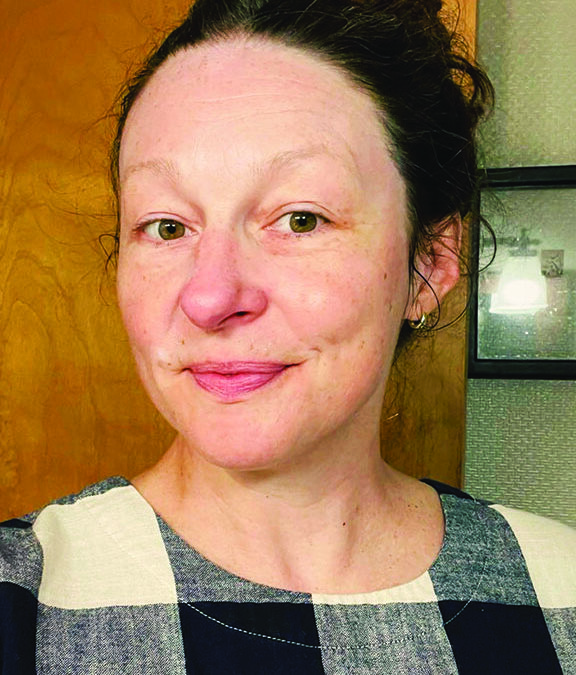Dr. Jennifer Woody Collins, Special to The Denisonian
Denison is providing flu vaccine clinics on campus, yet flu levels are very low locally and nationally. COVID, on the other hand, killed over 1,000 people in the U.S. each week for eight weeks straight this summer. Looking closer to home, so far this semester, I’ve had five students miss a week of class because of COVID.
Despite the obvious presence of COVID at Denison, no COVID vaccine clinic is being offered. Moreover, there has been little to no communication encouraging folks to get the updated 2024 vaccine that came out at the end of August. Although Denison claims to be following CDC guidance, the first “core” strategy of that guidance is ensuring folks stay up-to-date on their vaccines.
While I personally have a stake in limiting my exposure to COVID at work, I also see preventing COVID as social justice action. As it has been from the beginning, COVID is an issue of racial, economic, and disability justice. Lower income people of color have been and continue to be disproportionately harmed by COVID. Using the tools we know to be effective for lessening the impact of COVID is a relatively easy way to take action on Denison’s stated ideals of diversity, equity, and inclusion. Implementing COVID precautions at an institutional level would represent a needed recognition of disabled and high risk people on campus. Looking at the issue more broadly, ongoing action to keep us all safe from COVID is something that needs to be normalized at Denison and beyond. For these reasons, my base request is to have campus-wide communication encouraging people to get the updated COVID vaccine. Taking it up a level, I would like Denison to provide and widely publicize vaccines on campus. Even better: make the vaccines free. And while I’m here, I must add: make high quality (KN95 or better) respirators (masks) available for free to anyone on campus who wants them. Ultimately, I encourage Denison to consider ways to upgrade air filtration in campus buildings as a community-level intervention to a community-level problem.
If you want to learn more about COVID, there are many resources online. The Ohio Department of Health’s website provides data for the state and individual counties and the CDC provides information on prevention strategies on their website as well. If you want to learn more about long COVID from the perspective of people of color, check out the Disability Visibility Project. COVID Safe Campus and The People’s CDC are also worth checking out online.
Dr. Collins is a visiting assistant professor in the communication department.

